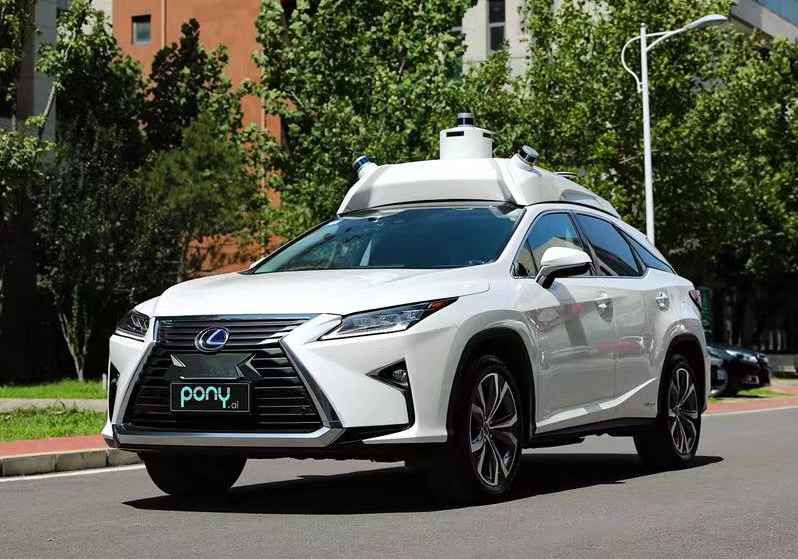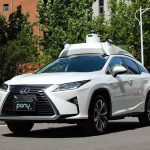Toyota partners with self-driving startup Pony.ai to mass produce robotaxis in China

It’s been more than a year since our last dive into Pony.ai, a Chinese self-driving tech startup with the audacious goal of overhauling the future of transit by crafting the ultimate autonomous mobility solution. In April 2022, Pony.ai became the first autonomous-driving taxi company in China after it was granted a taxi license by Chinese authorities.
A little over a year later, Toyota and Pony.ai announced today their plan to mass produce robotaxis in China, setting up a venture this year that will build cars that employ the startup’s autonomous driving technology and ride-hailing services.
As part of the plan, the two automotive powerhouses, along with GAC-Toyota – a venture between the Japanese auto giant and China’s state-owned Guangzhou Automobile Group – will invest over 1 billion yuan ($140 million) combined, Reuters reported, citing a statement from Pony.ai.
“This is not only an important step for Toyota to carry out ‘Chinese-style succession and evolution’ but also a new stage in our business cooperation with Pony.ai,” Toyota China CEO Tatsuro Ueda said in the statement.
Founded in 2016 by James Peng and Tiancheng Lou, the Fremont, California and Beijing, China-based Pony develops artificial intelligence solutions in the field of robotics. Pony.ai is the leading autonomous driving technology company in China, with a mission to revolutionize the future of transportation by building the safest and most reliable solution for autonomous mobility.
The latest partnership between Toyota and Pony.ai might seem like a fresh development. But in reality, their partnership dates back to 2019, and Toyota has been actively investing significant sums into Pony.ai. As you may recall back in February 2020 when we wrote about Pony.ai funding, Toyota led a $462 million investment in the company, valuing the 7-year-old startup at $3 billion. Pony.ai’s CEO, Peng Jun, highlighted that this strategic move was poised to bolster the growth of the connected car sector.
Meanwhile, China has positioned itself as a leader in the evolution of self-driving vehicles, with Pony.ai taking the lead by initiating robotaxi services in key cities such as Beijing, Shanghai, Shenzhen, and Guangzhou. Notably, the company maintains a global presence, including offices in the United States.
On the flip side, automakers from regions outside of China have somewhat scaled back from their previously ambitious deployment timelines due to regulatory obstacles.
In a recent update, Toyota revealed its intention to expedite the local design and development of “smart cockpits” tailored to the unique preferences of the Chinese market. This strategic move aligns with the broader shift towards electric vehicles, as Toyota aims to keep pace with formidable local competitors through a more aggressive approach.

